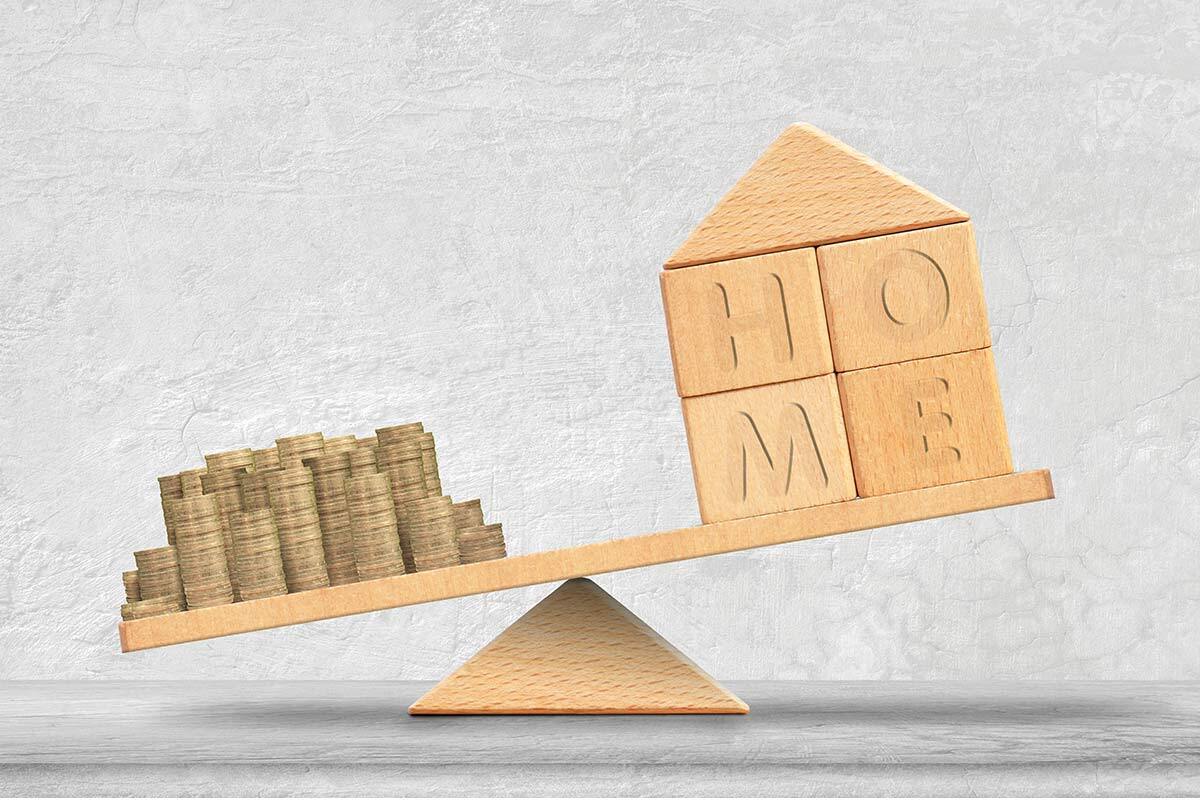What is debt consolidation?
One of the most common and well-known forms of debt relief is to consolidate your debt. Debt consolidation helps you combine different bills into a single monthly payment. It helps you reduce the total debt owed and can bring down the interest rate you’d have to pay. It may even allow you to get out of debt sooner, as it often reduces the time taken to pay off the debt in full.
Benefits of debt consolidation
If you can make the monthly payments comfortably and have a credit score rated good to excellent, you may be eligible to consolidate your debt. The advantage is having a lower interest rate, and only a marginal effect on your credit score.
Simplify your finances
Debt consolidation can help you manage your debt better by consolidating multiple types of loans into a single, monthly payment. When you have multiple bills, it may be difficult to keep track of all your due dates – especially if you also need to time them according to when your paycheck arrives. Consolidating these payments into a single payment makes your finances easier to maintain and manage.
Avoid damaging credit and the risk of collections
Consolidate your debts to pay them off your debts in full, just at a lower interest rate. Overall, it has a positive effect on your score. Keep in mind, that you will need to stick to the payment schedule for this to take place. If you do, you avoid damaging your credit from missed or late payments. With all your individual bills paid off, you’ll also avoid going to collections for non-payment.
Streamline the repayment process
Combining multiple bills into one saves time and money. You no longer need to handle multiple creditors and their communications and due dates. You also no longer need to keep track of the payments for each. Best of all, you save the time you spent on managing all these accounts as well. This helps relieve stress to a great extent and frees up time for you to focus on what is important to you.
Types of debt
Secured debt
A secured debt has collateral attached to it. This means lenders have the ability to repossess the asset in the case of non-payment. For example, a car loan or mortgage is a form of secured debt. Your car and home are collateral assets against a loan. If you are unable to keep up with regular payments, you may be at risk of your assets being seized by the lenders.
Unsecured debt
With unsecured debt, you do not need to provide any collateral. The amount of money you are eligible to borrow is based on the lender’s specific criteria, like a good credit score.
A big difference, when compared to secured debt, is that creditors cannot lay claim to your assets if you are unable to pay on time. This is why these types of debt tend to have higher interest rates than secured debt. Fortunately, debt consolidation is an option for most forms of unsecured debt, eg, credit cards, store cards, or personal loans. Sometimes, medical bills and payday loans can be included. Student loans that are less than 7 years old cannot be included in debt consolidation.
Consolidating various forms of debt
Credit card debt
Credit card debt is the most common form of consumer debt. Their high interest rates mean charges add up quickly. Making them an expensive way to borrow money.
If minimum payments are even a stretch for your finances, debt consolidation can really help you get back on track. By finding the right debt consolidation offer you can save both time and money, it really frees you up to work on your finances. You can spend some time putting together a budget and building up an emergency fund.
When you consolidate your credit card debt and make the monthly payments on time, it can also help improve your credit score in the long run.
Personal loans
The flexibility of personal loans makes them a good option for a variety of reasons, including job loss, disability, chronic illness, a family emergency, and more. This convenience can mean that some people rely on them when it’s not truly in their best interest financially.
Even if you urgently needed a loan and had to accept whatever interest rate was being offered at the time, you can still consolidate afterwards. In fact, consolidating may even mean switching to a relatively lower interest. This can be particularly beneficial if you combine it with other unsecured debt (like credit card debt or payday loans) into a singular payment.
This helps bring more security to your financial situation by setting a standard payment at set amounts and timelines. Additionally, the lower interest rate frees up your finances.
Payday loans
Payday loans typically have very high interest rates making them a very expensive source of credit. The repayment periods are quite short as well. If you are unable to pay back the loan in time you are likely to be hit with a lot of fees and charges. These charges can accumulate very quickly. What you pay in interest and fees may end up even higher than the original borrowed amount. It is advisable to get out of this cycle as soon as possible, especially if you are able to qualify for better rates.
If you do qualify, you can apply for a personal loan with any bank, credit union, or financial institution. Once you use this loan to pay back the high-interest payday loan, you simply need to make regular monthly payments on your consolidation loan until it is fully paid off.
A huge benefit is the freedom from unexpected fees and charges throwing off your budget. A standard monthly payment provides a lot of stability and peace of mind.
Buy now pay later
Buy Now Pay Later loans have very high late fees and charges that can add to your debt extremely quickly. If life circumstances change and you’re suddenly dealing with illness, unemployment, or an emergency, it might be difficult to pay them back.
There are a couple of options you can try! You may be able to ask the lender for an extension or let them know about your situation. If they’re willing to work with you, great! You may be able to work out a new repayment plan with them. If that doesn’t work, you have the option to consolidate.
You may be able to use a balance transfer credit card or a debt consolidation loan. Both these alternatives provide lower interest charges and regular monthly payments. If you opt for the balance transfer credit card route, you need to ensure that you are able to fully pay it off before the introductory APR period ends. If not, you may well get hit with a massive amount of interest to pay. The interest rate goes up drastically after the introductory period ends. Also, often, not paying off the balance of the transfer in time incurs a retroactive interest charge. This means you will be charged for all interest as though the introductory offer didn’t happen. Do your calculations and ensure you choose the option that is best suited for your personal situation.
Can I consolidate my secured debt?
While it is possible to consolidate unsecured debt, it’s not common practice. This is because secured debt tends to come with relatively low interest rates already.
However, if you sell your collateral and incur a financial loss due to that, you may then be able to add it to your consolidation loan. This really depends on a case-by-case basis, and you need to consider whether this approach makes sense for you personally. If you no longer want ownership of those assets, this may be worth consideration.
Also, consider whether or not this process will make a viable difference. If you are already paying lower interest on an existing secured loan, it may not be financially meaningful to switch. In most cases, there would be negligible (or no!) benefit to switching over for interest rates alone.
Key takeaways
- If you can manage your monthly payments and have a good credit score, you may be eligible for debt consolidation. It has an overall positive effect on your credit score and reduces the amount of interest you have to pay.
- Debt consolidation can be used for most forms of unsecured debt, like credit card consumer debt, personal loans, payday loans, and buy now pay later options.
- To combine multiple payments or streamline your finances, debt consolidation is a good fit for you.
- The consistency in payment terms and relatively lower interest rates are great for optimizing your finances.
- Irrespective of the form of debt consolidation you choose, the outcome is streamlined finances, better visibility of your budget, and less stress from managing multiple creditors.
If you’re unsecured debt has caused havoc on your finances, our expert credit counsellors can help. Whether it’s debt consolidation or another form of debt relief, like a debt management program, they can walk you through the options and help you decide which is best for you.










